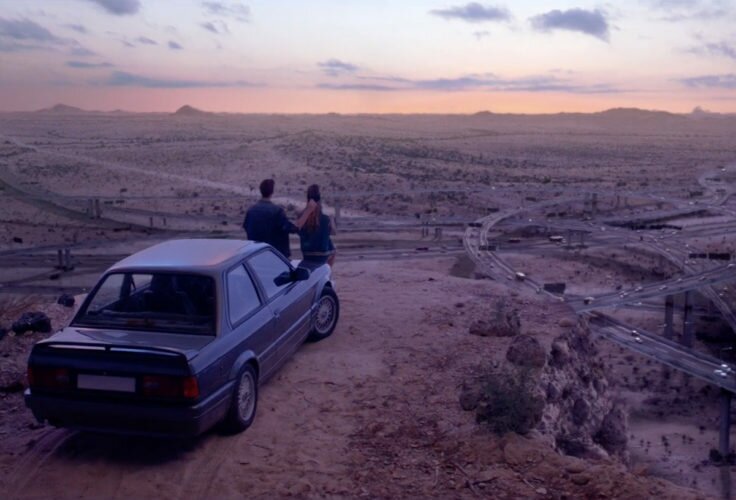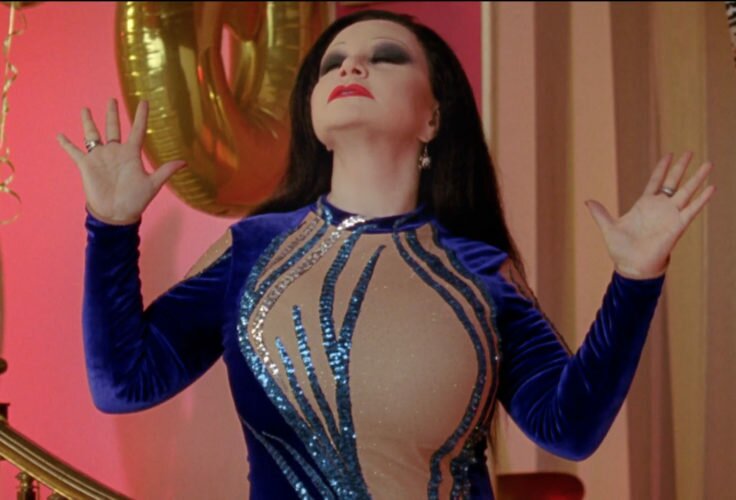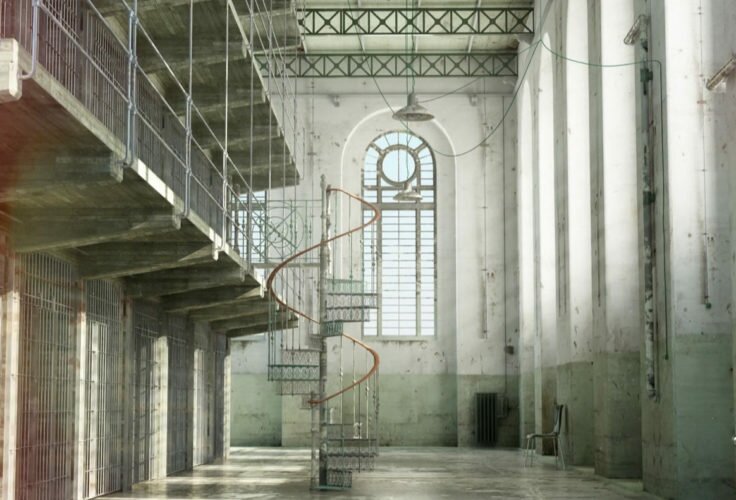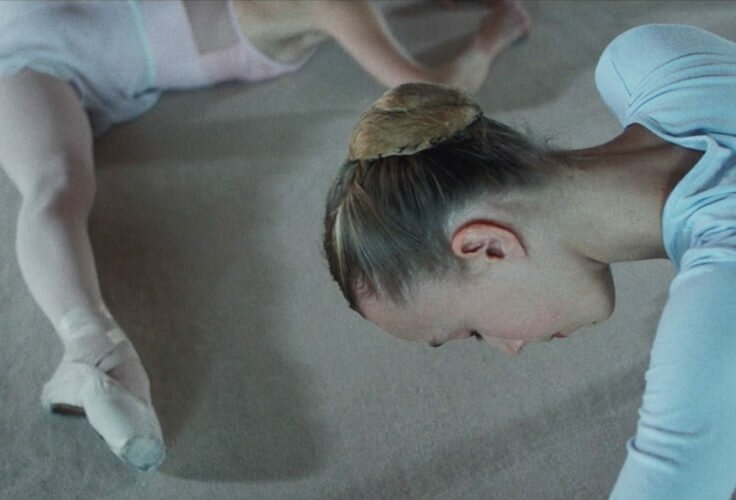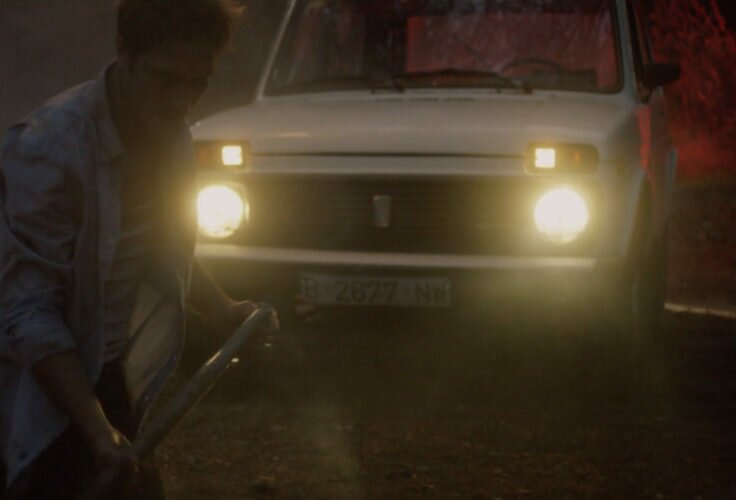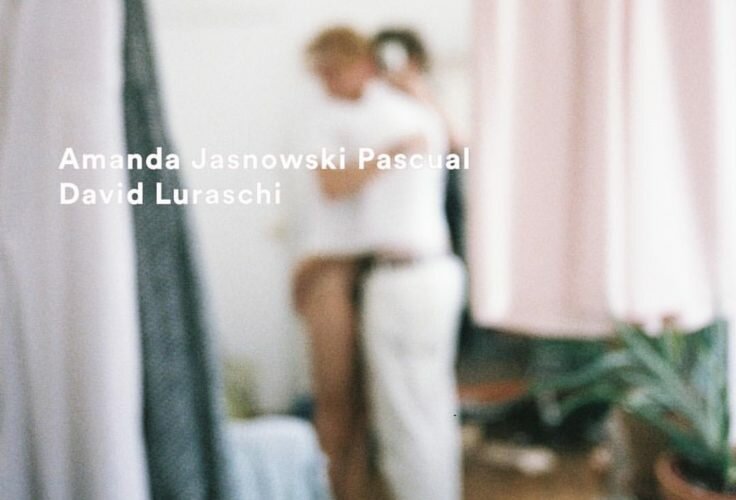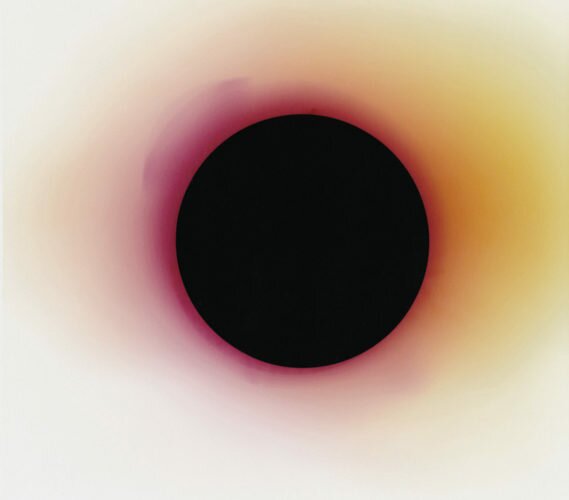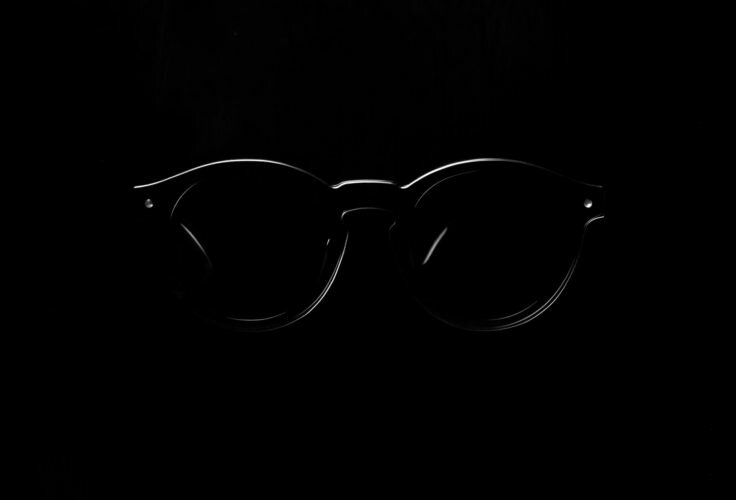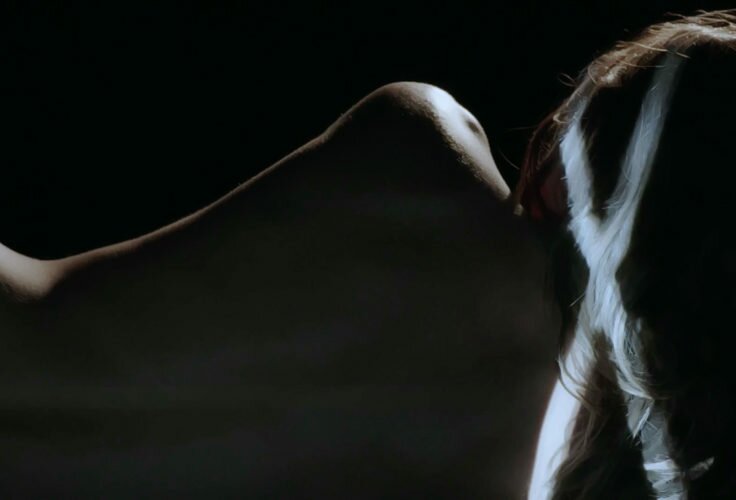Drake ha hecho un videoclip sobre recibir un tartazo en la cara, Child’s Play. Tyra Banks es la lanzadora. Y Ben Tuthill el testigo.
vs.
THE BERLIN WALL

I had the privilege of listening to Bruce Springsteen’s The River for the first time earlier this year. You don’t often get the opportunity -especially if you make a living writing about music- to listen to a classic album with virgin ears, and it’s hard to express how good it feels to hear songs like Sherry Darling and Point Blank as if they came out yesterday. My Springsteen education ended at Darkness on the Edge ff Town (with an obligatory jump ahead to coolkid favorite Nebraska), and I have a new lease on life knowing that I have the joys of Tunnel Of Love to look forward to in my future. Maybe someday I’ll even make it to The Rising.
The recession-era politics of The River are surprisingly fresh in 2016, particularly in light of the upcoming U.S. Election. (The title track would be the perfect campaign song for either of our two populist candidates if only presidential campaigns were upfront about the despair they gleefully exploit). Springsteen is rarely optimistic, but The River is bleak even for him. “Bleak” isn’t really the word. “Unromantic” doesn’t even get it right. As he sings in (where was this song any of the many times in my life that I’ve threatened to marry a girl?), “to say I’ll make your dreams come true would be wrong / but maybe, darlin, I could help them along”. It’s romanticized unromanticism. He believes in the struggle, and he embraces that perpetual failure as the only thing worth fighting for.


Side Two lead-off Hungry Heart was Springsteen’s first big hit, and the only track from The River to get . Like so many uplifting Boomer classics, it’s a song about cheating. The heart’s satiation comes at the cost of two families, all for the longing of a “place to rest” that, if we’re to take it’s source material seriously, will probably never come. It’s the start of a lyrical cycle that climaxes five songs later with “Is a dream a lie that don’t come true / or is it something worse?”. It’s not much of a love song.
That context makes the Hungry Heart video, which didn’t come around until 1995, all the more strange. Instead of some nondescript part of the American Heartland, it’s set in a tiny café in the über-hip Prenzlauer Berg district of the former East Berlin. Instead of a bar full of broken New Jersey factory workers, we get a crowd of fashionable Aryans. Springsteen drives a Porsche through the Brandenburg Gate. He inspects the wonders of European public transportation. And he gazes thoughtfully at a certain fragment of s graffiti-scarred wall.
The Berlin Wall came down the year before I was born, and there’s a giddiness in the Hungry Heart video that’s entirely lost on me. Of course you can drive through the Brandenburg Gate in a Porsche. Of course white people love Bruce Springsteen. The poignancy of an open Berlin means nothing to me – that’s the way it’s always been. But the 1995 cultural agenda was a bit different than today’s. The West was still on its Cold War victory lap, and Springsteen was one of its war heroes.




SONY DSC
Hungry Heart plays as a miniature version of Springsteen’s famous in East Berlin. Boomers like to think that their musical idols played an important role in the fall of the Iron Curtain, as any account of Paul McCartney’s 2003 Red Square concert will demonstrate to nauseating degrees. Maybe they’re right. Even now it’s moving to watch a massive crowd of a supposedly oppressed East Germans . No matter that Born in the U.S.A.‘s attitude toward its namesake is cynicism bordering on anti-Americanism. The lyrical subtleties are lost on most native English speakers too.
It’s bizarre to see Springsteen’s brand of American self-loathing used as a vehicle for Capitalist liberation. Hi East Germany, welcome to the West, a land of soul-crushing factory labor and eternally shattered dreams! (But don’t worry: if you stick with it you can buy ). Springsteen makes a better national poet than he does a diplomat. His problems are *our* problems. Which isn’t to say that economic strife and broken dreams are exclusively American pleasures – just that the bitterness of his music gets lost when you throw it into the revelry of cultural imperialism. No one should be joyfully singing along to Born In The U.S.A., unless they were born in the U.S.A. and they feel kind of gross about it. No one should be dancing in a German café to Hungry Heart like it’s the triumphant chimes of freedom. The E Street Band might have helped to bring down the Wall, but I can’t imagine that anyone was paying attention to the lyrics.
Walls are starting to become a political possibility again. , it would seem that the possibility is coming about from the 25-years-later version of the same forces that created The River. Everybody’s got a hungry heart – you can either go out hunting or you can build a fence to keep the wolves out and all the soul-lunches in. Things don’t turn out well on either end, but at least the former provided us with one of the 20th century’s most lasting portraits of redemption-tinged despair. To say that maybe we’ll at least get another good record out of all of it is a pretty pessimistic view of our current situation, and it’s also maybe a little too romantic. But I think if there’s something that saves us from either sin -and what more than anything drives Springsteen’s music- it’s hope. Not for anything in particular, just some hope in a river and maybe we’ll someday realize was worth diving into. That groundless hope is what brings walls down, and -hopefully- it’s what keeps them from coming back up.


